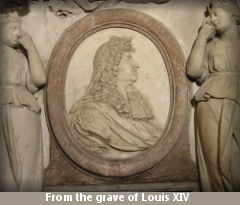 Reprinted with permission from As I See It, which is available free by writing to the editor at [email protected]
Reprinted with permission from As I See It, which is available free by writing to the editor at [email protected]
Recently, we purchased several dozen books from a used bookstore, and were given a “freebie” book as part of the transaction. That book, The Five People You Meet in Heaven, published in 2003, was by Mitch Albom, whose earlier volume Tuesdays with Morrie, we read and reviewed in As I See It 4:3. Since that earlier work was well-written, and not without some merits, and this present volume was less than 200 pages, we decided to give it a read.
Unlike the former book, which was a factual account of the physical wasting away and death of one of Albom’s college professors, this current one, though also focusing on the issue of death, but especially the afterlife, was an entirely fictitious account. The story focuses on the death of an ordinary man, one Eddie, whose life outwardly amounted to little more than being a maintenance man at a small amusement park, a life unfulfilling and frustratingly wasted doing the menial. As the story goes, after death, this man goes through a series of encounters with five different people whose lives had deeply impacted his or whose lives had been deeply impacted by him. These encounters allow him to sort through his own frustrations especially with life-altering circumstances he didn’t cause and couldn’t control, and the unanswered “whys” of his life, so that he can be at peace with himself—this process and outcome being the very purpose of the afterlife. “And they lived happily ever after.”
All nice and neat except….
The book is written from a faulty perspective. In the dedication, the author mentions an uncle,
who gave me my first concept of heaven. Every year, around the Thanksgiving table, he spoke of a night in the hospital when he awoke to see the souls of his departed loved ones sitting on the edge of the bed waiting for him. I never forgot that story.
A rather subjective premise. But it gets worse.

 Originally posted
Originally posted 
 Reprinted with permission from
Reprinted with permission from 

Discussion